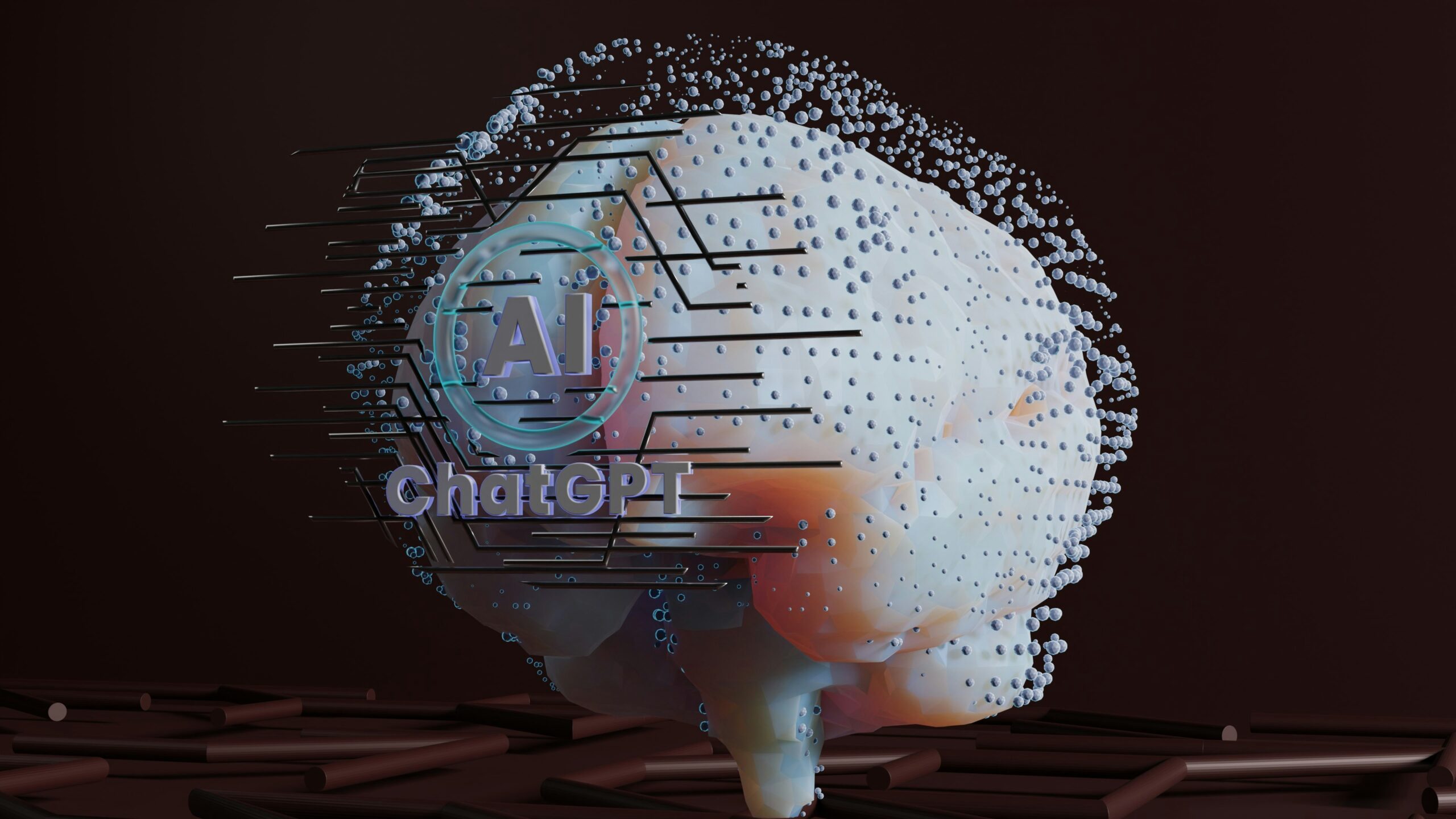How AI is Revolutionizing the Advertising Industry
Decoding the Future: AI's Role in Reshaping Advertising Landscape
The rapid advancement of Artificial Intelligence (AI) technology is transforming industries across the board, with advertising standing out as one of the most significantly impacted sectors. AI is redefining how brands interact with consumers, optimize their campaigns, and streamline operations.

In this detailed exploration, we delve into the various applications of AI in advertising, the multifaceted benefits it provides, the challenges it poses, its profound impact on the industry, and what we can anticipate in the future.
1. Comprehensive Applications of AI in Advertising
AI’s integration into advertising has been nothing short of transformative, with its capabilities being leveraged in numerous key areas:
Advanced Targeting and Personalization: AI excels in parsing through massive datasets to unearth patterns and insights that human analysts might overlook. This capability allows for hyper-targeted advertising strategies where ads are tailored to the preferences, behaviors, and needs of individual consumers.
Creative Content Generation: Generative AI technologies are empowering advertisers to create compelling visual and textual content. From drafting ad copies to designing complex graphic images, AI tools can produce creative content at scale, maintaining brand consistency and messaging while adapting to various contexts and audience segments.
Campaign Optimization and Automation: AI systems optimize campaigns by continuously analyzing performance data and adjusting parameters such as bidding, placement, and timing in real-time. This automation extends beyond mere optimization, encompassing the entire lifecycle of a campaign, from planning and execution to analysis and refinement.
Enhanced Customer Insights: AI’s ability to analyze visual and textual content on social media platforms helps brands gauge public sentiment and emerging trends. This insight drives more nuanced marketing strategies that resonate deeply with target audiences.
Netflix serves as a prime example of AI’s application in advertising. The streaming giant uses sophisticated machine learning models to not only recommend personalized content to its viewers but also to craft targeted ads based on individual viewing habits and preferences.
2. The Benefits of AI in Advertising
The advantages of employing AI in advertising strategies are extensive:
- Unmatched Efficiency: AI automates mundane and repetitive tasks, allowing creative and strategic teams to devote their time to more value-adding activities.
- Precision in Targeting: By handling complex algorithms capable of sifting through and making sense of large volumes of data, AI provides unmatched precision in targeting potential customers, thereby increasing the efficacy of marketing campaigns.
- Maximized ROI: AI-driven optimizations ensure that advertisers get the best possible returns on their investments by minimizing waste and enhancing the impact of each ad dollar spent.
- Dynamic Content Delivery: AI enables dynamic content delivery tailored to the context and preferences of the audience in real time, leading to higher engagement and customer satisfaction.
3. Drawbacks and Ethical Considerations
However, the integration of AI in advertising doesn’t come without its set of challenges:
- Privacy and Data Security: The reliance on large datasets for effective targeting raises significant privacy concerns. Ensuring data is handled securely and ethically is paramount, necessitating stringent data governance policies.
- Overreliance on Technology: There’s a risk that over-dependence on AI could lead to a devaluation of human judgment and creativity, potentially leading to errors if AI systems misinterpret data or trends.
- Loss of Jobs: Automation could lead to the displacement of jobs in the industry, especially roles that are heavily administrative or repetitive in nature.
4. Transformative Impact on the Advertising Industry
AI’s impact on the advertising industry is profound, altering not only the operational aspects but also strategic thinking:
- Evolution of Professional Roles: As AI handles more of the analytical and operational load, professionals in advertising are shifting towards roles that necessitate human empathy and creative skills, such as strategic planning and creative development.
- Shift in Strategy Formulation: With AI providing real-time insights and predictive analytics, advertising strategies are becoming more data-driven and dynamic, capable of adapting to changing consumer behaviors and market conditions quickly.
5. Future Prospects and Innovations
The potential future developments of AI in advertising are promising and varied:
- Emergence of New AI Tools: The continuous improvement in AI technologies will likely introduce new tools that can further refine targeting, enhance personalization, and create more immersive and interactive ad experiences.
- Integration with Emerging Technologies: AI’s convergence with other technologies like augmented reality (AR) and virtual reality (VR) could lead to entirely new formats and platforms for advertising, transforming how brands engage with consumers.
6. Generative AI and AI Art in Advertising
Generative AI is particularly noteworthy:
- Innovation in Content Creation: Generative AI can autonomously produce innovative and original ad content, potentially revolutionizing the creative landscape in advertising by enabling the quick generation of tailored, brand-aligned content.
- Cost-Effectiveness: AI-driven content creation can significantly reduce costs associated with traditional content production, allowing businesses to allocate more resources toward strategic endeavors and customer engagement.



Conclusion
AI is fundamentally reshaping the advertising landscape, making operations more efficient, enhancing the personalization of content, and creating dynamic, real-time marketing strategies.
As the industry continues to evolve, the role of AI in advertising will expand, promising more profound changes and opportunities.
While embracing these advancements, the industry must address the ethical and practical challenges posed by AI to ensure a balance between innovation and consumer rights is maintained.
Share :
Send us an email for your business inquiries:

